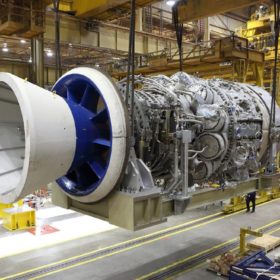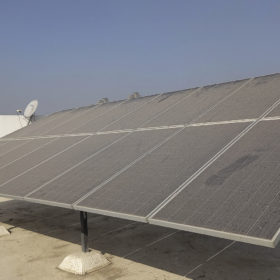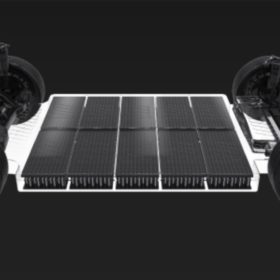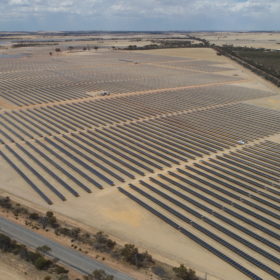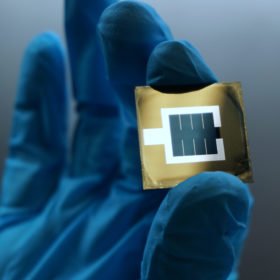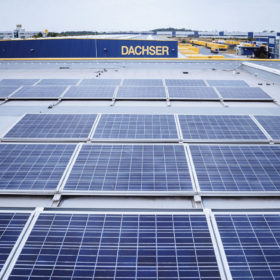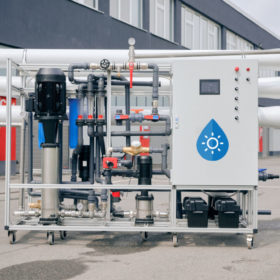Educational events for engineers upskilling for hydrogen industry begin in Victoria
An educational event series aimed at upskilling engineers to enter the hydrogen industry is launching in February in Melbourne. The Hydrogen Industry Technical Series 2023 is being organised by the Victorian divisions of the Australian Institute of Energy and Engineers Australia.
Vertical agrivoltaic pilots in France find improved yields and less water stress
French energy giant TotalEnergies studied the impact of solar panels on crops in order to develop a repository of agronomic benefits. The initial results show an increase in agricultural yields on field crops and a reduction in water stress.
Soiling – a multibillion-dollar issue
A new report by the International Energy Agency’s Photovoltaic Power Systems Programme (IEA-PVPS) estimates that lost revenue from PV module soiling amounts to more than €3 billion ($4.6 billion) per year – an amount that is only set to increase as PV systems grow larger and more efficient.
Brisbane battery casing startup with ‘tremendous potential’ lands support from ReNu
Queensland-based ReNu Energy will acquire up to a 20% stake in fellow Brisbane company, startup Vaulta, which has developed battery casings designed for reuse and recycling. Vaulta will use the eventual $1 million (USD 700,000) investment from ReNu to scale its manufacturing capability and expand domestic and offshore sales.
SwitchDin to share Australian lessons with US-based VPP body
Energy management software company SwitchDin will share lessons learned during Australia’s ongoing transition to a two-way power grid with counterparts in the United States after teaming with a coalition of companies to scale up the use of virtual power plants.
Risen Energy is taking n-type HJT technology mainstream in Australia
Following Risen Energy’s January announcement that the company is starting to mass-produce its n-type heterojunction technology (HJT) hyper-ion solar modules, it has revealed plans to increase production capacity to 15 GW by the end of 2023. Archie Chen, CEO of Risen Energy Australia, says n-type HJT panels will prove the favoured technology over the coming years, facilitating higher performing solar solutions.
Queensland group map pathways for perovskite PV
Perovskite solar cells have created excitement in recent years, given their potential to improve virtually every area of PV, but we have yet to see such devices produced at scale. Scientists in Australia have outlined some of the challenges holding them back.
Weekend read: From diesel to DC
For a long while, it looked as if hydrogen fuel cells would be the technology of choice for emissions-free road transport. However, truck manufacturers and freight forwarders recently turned their attention to battery-electric vehicles. This will require special charging technology and PV looks set to play an important role.
Solar-powered water desalination tech for off-grid applications
Berlin-based Boreal Light has developed water desalination tech powered by PV for off-grid applications. The solution uses 460 W solar panels from Chinese module manufacturer DAH Solar and produces clean water from direct seawater at a cost of €0.50 ($0.78)/m3.
Video: ISC Konstanz director predicts 50% global market share for IBC solar panels by 2030
Radovan Kopecek, the co-founder and director of Germany’s ISC Konstanz, says interdigitated back contact (IBC) tech could account for half of the global market for solar modules by 2030. He says IBC will start to dominate once TopCON and HJT get stuck at certain efficiency limits, and he believes TOPCon will be the first victim.
